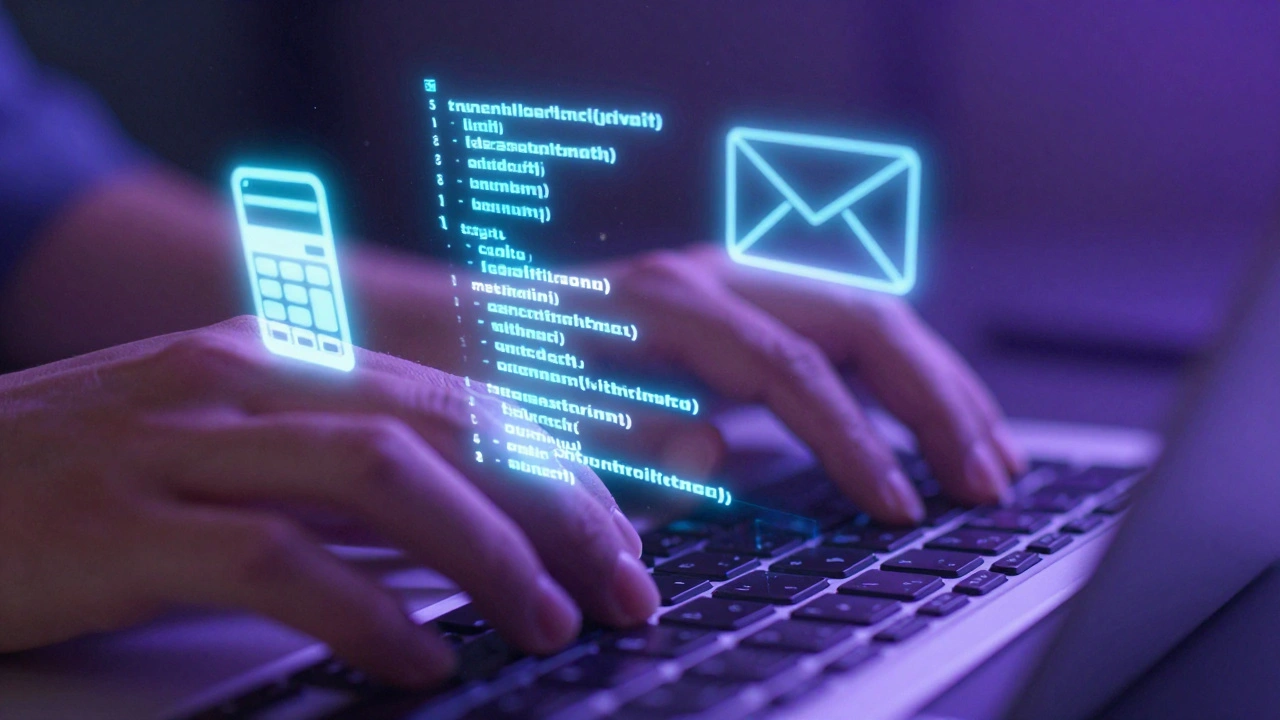Digital Literacy: Practical Skills for 2025
By 2025, basic digital skills won't be optional — they'll be how you get things done. Digital literacy means more than knowing apps. It's about understanding how software works, spotting reliable information online, protecting your data, and using tools like AI to solve real problems.
If you want quick wins, focus on practical skills you can use this week. Learn a few coding basics so you can automate repetitive tasks. Pick up one AI tool for writing or data cleanup. Practice simple debugging steps when something breaks. These moves save time and make you look confident in meetings.
Core skills to learn
Coding basics: Learn logic, variables, and simple scripts. Python is forgiving and handy for tasks like freeing up time or analyzing spreadsheets. Our "Python Tricks Mastery Guide: Essential Tips & Secrets for 2025" is a good next read.
AI literacy: Know what AI can and can't do. Try out a generative tool for draft work, then check the output for errors and bias. Read "Learning AI: The Ultimate Guide for Digital Success" to get clear steps without the fluff.
Debugging and problem solving: Debugging isn't a setback — it's the moment you learn how a system really works. Start with clear steps: reproduce the problem, isolate the cause, test a fix, and write one-line notes about what you changed. Check "Code Debugging: The Vital Link in Modern Development" for practical routines.
Data and privacy basics: Understand what data you share and how to control it. Use strong passwords, enable two-factor authentication, and limit app permissions. Small habits prevent big headaches.
How to learn fast and keep skills useful
Build tiny projects that match your daily work. Automate a spreadsheet, create a small script to rename files, or train a simple classifier on test data. Real problems teach faster than theory. Follow step-by-step tutorials like "Programming Tutorial 2025: Step-by-Step Guide for Mastering Digital Skills."
Keep a short learning list: one coding topic, one AI tool, and one security habit. Spend short focused sessions — 25 to 50 minutes — and do a quick review after each session. Repetition beats one-off cramming.
Use resources that pair practice with examples. Read "Top 20 Programming Tricks Every Coder Should Know in 2025" for tips you can try in minutes. When you hit a wall, search for problem-specific posts like "How to Program Faster" or "Python Tricks Mastery Guide" rather than vague tutorials.
Finally, share what you learn. Teach a colleague, write a short note about a fix you made, or keep a changelog. Teaching forces clarity and makes the skill stick. Dig into the Digital Literacy tag on Quiet Tech Surge to find hands-on guides, practical AI tips, and debugging tricks that actually help day-to-day work.
Measure progress by tracking time saved and new tasks you can do without help. Keep a short checklist of skills mastered and update it monthly. Subscribe to tag updates on Quiet Tech Surge so new practical guides and tools land in your inbox today.



